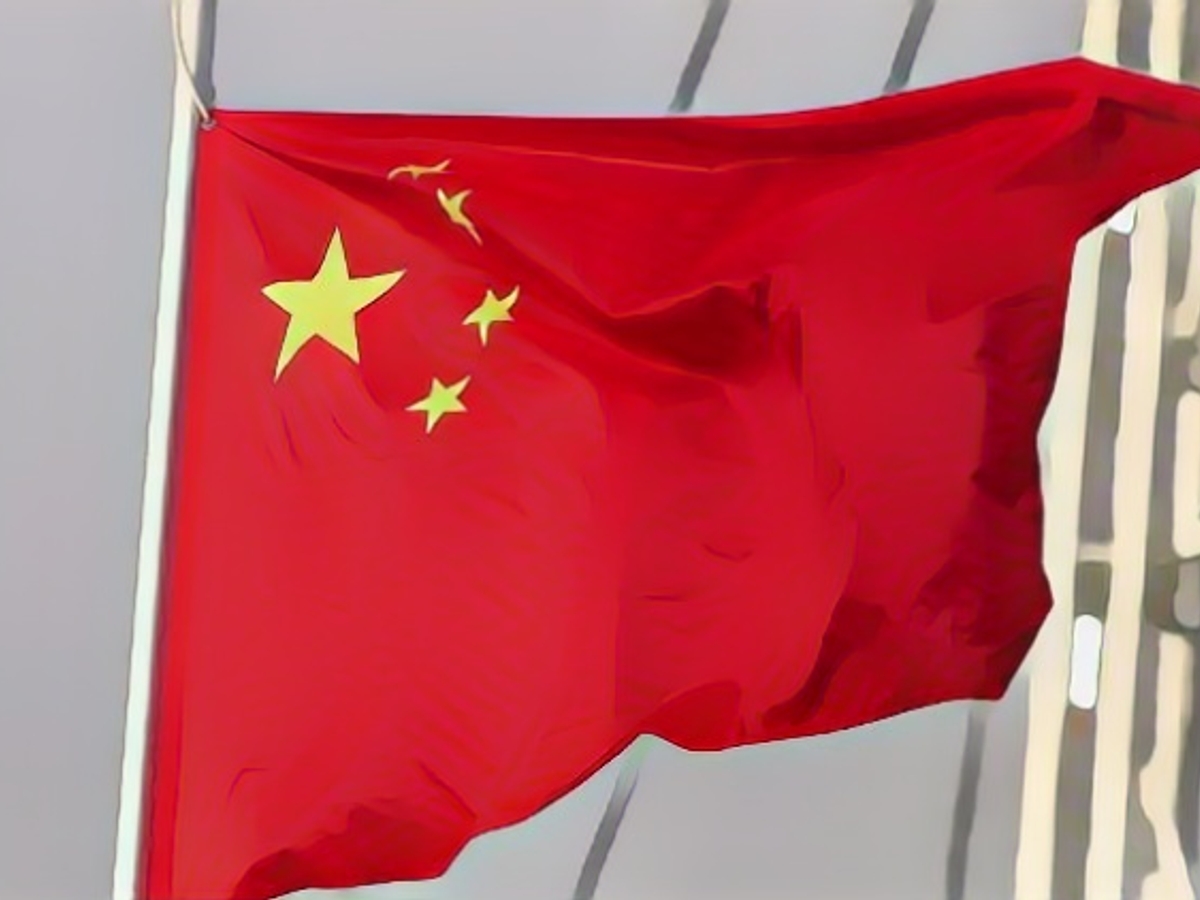How deep is China in deflation?
New signals are coming from China that could prove to be a burden on the global economy. In October, consumer prices fell slightly over the year, while producer prices even dropped significantly. Experts now see the government being forced to intervene.
Inflation in China is ebbing, fueling concerns about the recovery of the world's second-largest economy. This increases the risk of prices falling across the board - in other words, a sustained deflation that could slow down the economy. In October, consumer prices were on average 0.2 percent below the level of the previous year, according to data from the National Bureau of Statistics (NBS). The decline was stronger than economists had expected at 0.1 percent, following stagnation in September. Producer prices, which are considered a precursor to general inflation, fell by as much as 2.6 percent in October 2022.
"The data shows that fighting persistent disinflation amid weak demand remains a challenge for China's policymakers," said chief economist Bruce Pang of financial services firm Jones Lang Lasalle. By disinflation, experts mean that the rise in consumer prices is slowing down, while prices are falling in the event of deflation. A bundle of measures is now needed to prevent the economy from drifting away from inflation expectations, emphasized Pang. This could jeopardize the mood of companies and the purchasing mood of households.
China: there is no deflation
The authorities have repeatedly played down the risks. "There is no deflation in China and there will be no deflation in the future," said an official from the statistics office in August. A downward spiral is set in motion when prices fall like this across the board. This is because consumers speculate on prices falling further and hold back on purchases. This in turn slows down business for companies, which in turn hold back on investment and recruitment. This vicious circle can have a lasting negative impact on an economy. Japan has had these problems for decades.
One reason for the fall in inflation in China last month was that pork prices fell by around 30 percent - due to oversupply and weak demand. However, so-called core inflation, which excludes volatile food and energy prices, also slowed from 0.8 percent in September to 0.6 percent in October.
In recent months, China's government and central bank have adopted several economic stimulus packages to stabilize the economy, which has been battered by the coronavirus crisis. However, an ongoing real estate crisis and the weak global economy are slowing down the economy.
Despite the concerns about global economic impact, China's ongoing deflation, as indicated by the 0.2% decrease in consumer prices and a 2.6% drop in producer prices in October, might require intervention from the government. This downward trend in inflation could potentially spark a chain reaction, leading to falling prices across various sectors, which could further slow down the economy.
Source: www.ntv.de








